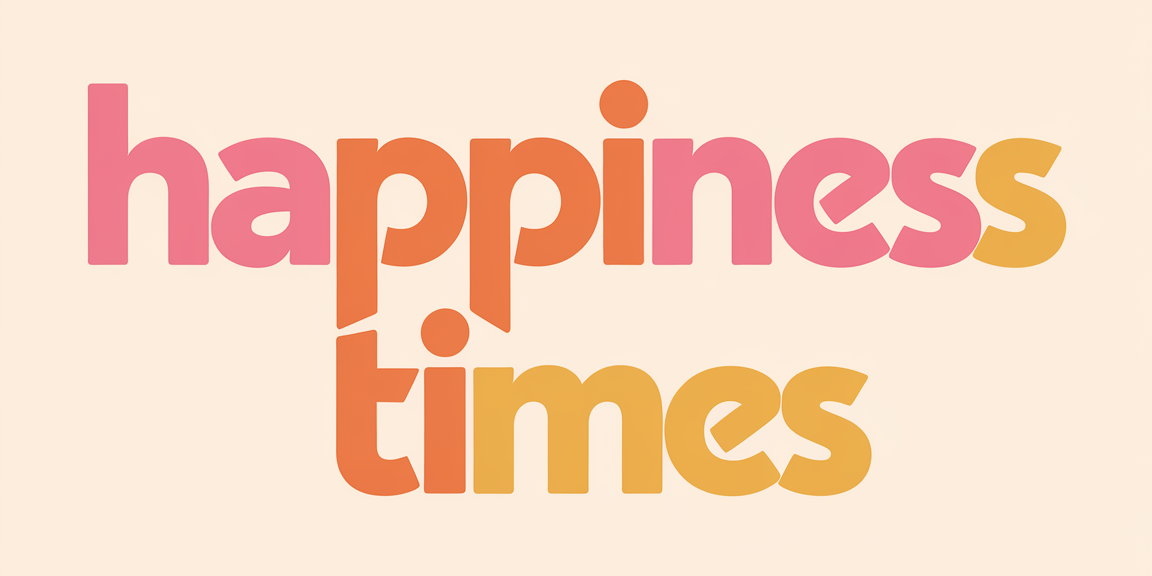Money and feelings might seem like they live in totally different worlds, but they’re actually close roommates. The way you spend, save, or even think about money can seriously impact your mood. Some choices can give you a sense of security and calm, while others might keep you awake at night replaying “what if” scenarios. Understanding the connection between your financial habits and your emotional well-being can help you make choices that support both your bank account and your happiness.
Spending on Experiences Over Stuff
Buying the latest gadget feels exciting for a while, but the joy usually fades once it becomes just another thing in your home. Experiences—like trips, concerts, or even a class—often create lasting memories you can relive over and over. They tend to strengthen your connections with people too. When you think about the money you’ve spent, the best returns often come from the moments, not the materials.
Creating a Safety Net You Can Count On
An emergency fund might not be glamorous, but it’s a real mood booster when life throws curveballs. Knowing you have money set aside can ease everyday worries and help you face challenges with more confidence. Even starting small can make you feel safer. It’s like giving your future self a hug and saying, “Don’t worry, I’ve got you.”
Avoiding Debt That Drains Your Energy
Carrying debt—especially high-interest debt—can feel like walking with a heavy backpack you can’t take off. It hangs over you, affecting your mood and decisions. Making a plan to reduce it, even slowly, can lift that weight and give you a sense of progress. The less you owe, the more mental space you have for things that matter.
Choosing Purchases That Align With Your Values
Spending on things that truly matter to you feels more satisfying than buying out of habit or impulse. When your money reflects your priorities, it creates a sense of purpose and pride. This alignment helps you feel more in control and connected to your life goals. It’s not about spending less—it’s about spending right.
Setting Boundaries on Lifestyle Creep
It’s easy to let your spending grow every time your income goes up, but that can quietly add stress. Suddenly, you need to earn more just to keep up. By keeping lifestyle creep in check, you free up money for savings, experiences, or causes you care about. The balance helps keep your finances and your emotions in sync.
Giving Without Guilt
Generosity can be one of the happiest ways to use your money—when it’s done thoughtfully. Giving to causes or people you care about can boost your mood and deepen your sense of connection. The key is to give in a way that doesn’t compromise your own stability. That way, you’re helping others without hurting yourself.
Planning for Future Joys
Saving for something you’re excited about—whether it’s a trip, a home, or a hobby—can give you something to look forward to. The anticipation alone can boost your mood. Having a clear goal makes it easier to stick to a plan and feel good about every contribution. Future-you will be grateful for the present-you’s foresight.
Saying No to Financial Comparisons
It’s tempting to measure your worth by what others have, but it’s also a fast track to feeling unsatisfied. Comparing finances often overlooks personal values, priorities, and circumstances. Focusing on your own goals helps you feel more grounded and content. Your happiness isn’t for sale, and it’s definitely not a competition.
Investing in Your Skills and Growth
Spending money on learning—courses, books, training—can feel like a gift that keeps on giving. It can boost your confidence, open new opportunities, and create a sense of accomplishment. Unlike material purchases, these benefits tend to grow over time. Investing in yourself pays emotional dividends as well as financial ones.
Keeping Money Talks Open and Honest
Avoiding conversations about money can create unnecessary tension in relationships. Being open about financial goals, limits, and expectations builds trust and understanding. Whether it’s with a partner, friend, or family member, clear communication reduces misunderstandings and stress. When money isn’t a taboo topic, it becomes easier to manage both your finances and your emotions.


